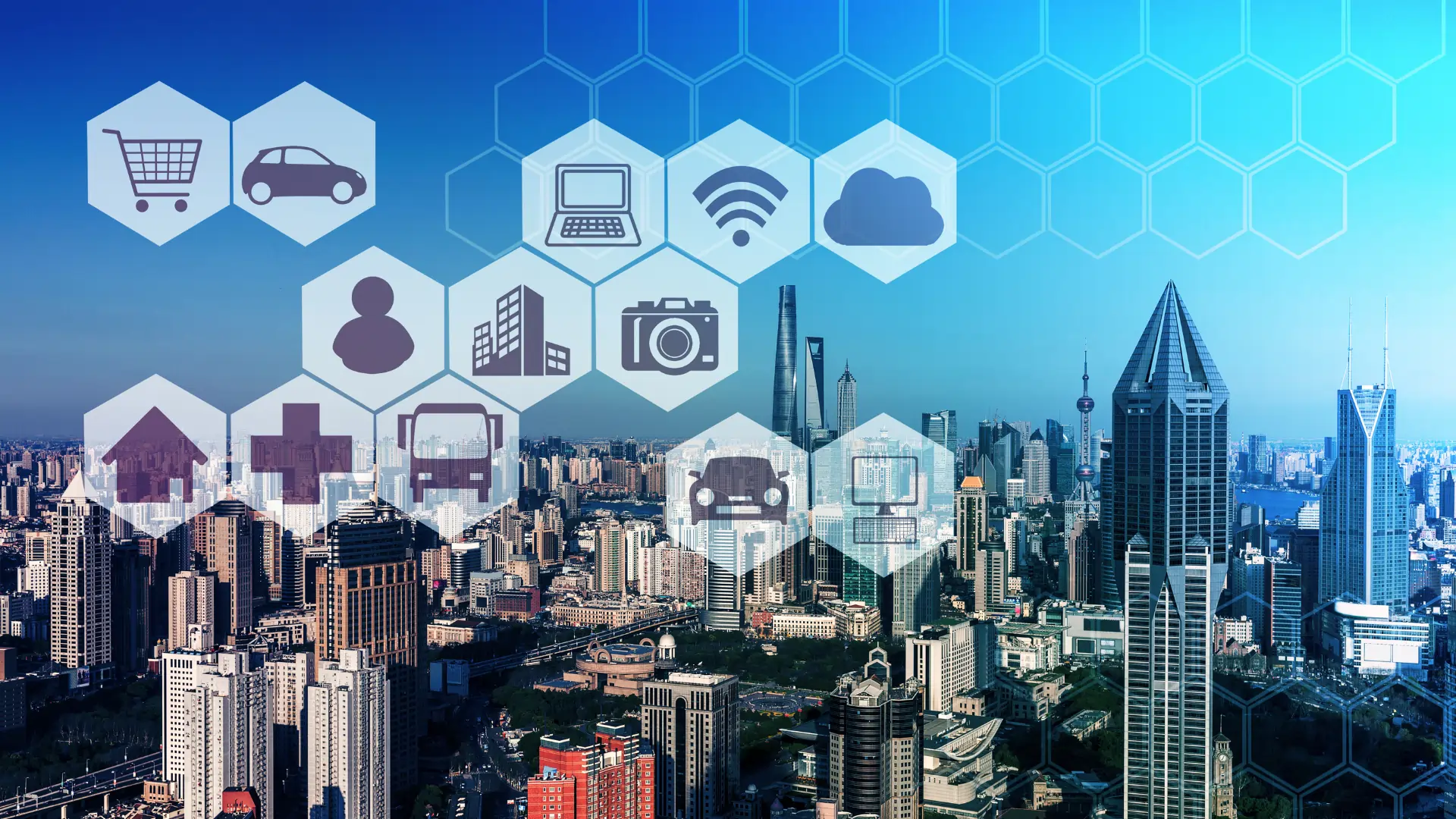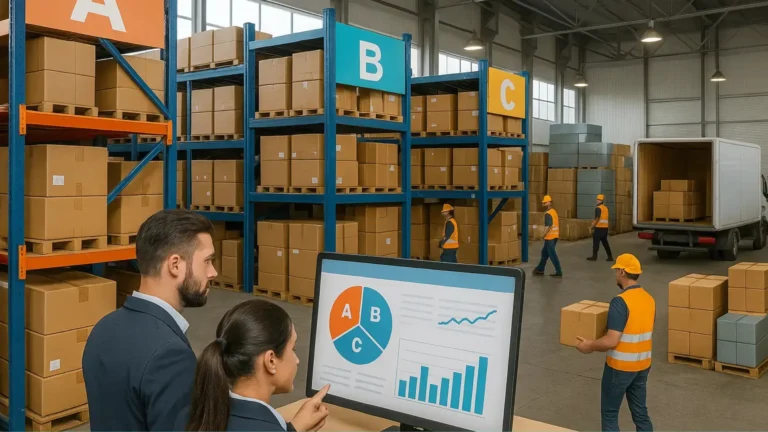
Evolution of Smart Cities with AI
The concept of smart cities has gained significant traction in recent years, driven by the rapid advancements in technology and the growing need for sustainable urban development. At the heart of this transformation is Artificial Intelligence (AI), which is revolutionizing how cities operate, manage resources, and improve the quality of life for their residents. In this blog, we’ll explore the evolution of smart cities with AI, its key applications, and the challenges and opportunities it presents.
What Are Smart Cities?
Smart cities leverage technology, data, and connectivity to enhance urban living. They aim to optimize resource management, reduce environmental impact, and improve public services such as transportation, healthcare, and energy distribution. AI plays a pivotal role in this transformation by enabling cities to analyze vast amounts of data, automate processes, and make informed decisions in real-time.
The Role of AI in Smart Cities
Intelligent Transportation Systems
One of the most visible applications of AI in smart cities is in transportation. AI-powered systems can analyze traffic patterns, predict congestion, and optimize traffic light timings to reduce delays. Autonomous vehicles, guided by AI, are also becoming a reality, promising safer and more efficient transportation. For example, cities like Singapore and Barcelona are using AI to manage public transit systems and reduce traffic-related emissions.
Energy Management and Sustainability
AI is helping cities become more energy-efficient by optimizing power grids and reducing waste. Smart grids, powered by AI, can predict energy demand, integrate renewable energy sources, and balance supply and demand in real time. For instance, Amsterdam uses AI to monitor and manage energy consumption across the city, reducing its carbon footprint.
Enhanced Public Safety
AI is transforming public safety by enabling predictive policing, real-time surveillance, and emergency response optimization. AI-powered cameras and sensors can detect unusual activities, such as accidents or crimes, and alert authorities instantly. Cities like Chicago and London are using AI to analyze crime data and deploy resources more effectively.
Waste Management
AI is revolutionizing waste management by optimizing collection routes and schedules. Smart bins equipped with sensors can notify authorities when they are full, reducing unnecessary pickups and saving resources. Cities like Seoul have implemented AI-driven waste management systems to improve efficiency and reduce environmental impact.
Healthcare and Public Services
AI is improving healthcare services in smart cities by enabling remote diagnostics, personalized treatment plans, and efficient resource allocation. For example, AI-powered chatbots can provide instant medical advice, while predictive analytics can help hospitals manage patient flow and reduce wait times.
Challenges in Implementing AI in Smart Cities
While AI offers numerous benefits, its integration into smart cities comes with challenges:
- Data Privacy and Security: The vast amount of data collected by AI systems raises concerns about privacy and cybersecurity.
- High Costs: Implementing AI infrastructure can be expensive, especially for developing cities.
- Digital Divide: Not all residents may have access to the technology needed to benefit from smart city initiatives.
- Ethical Concerns: The use of AI in surveillance and decision-making raises ethical questions about bias and accountability.
The Future of Smart Cities with AI
The future of smart cities with AI is incredibly promising. As AI technology continues to evolve, cities will become more efficient, sustainable, and livable. Key trends to watch include:
- 5G Connectivity: The rollout of 5G networks will enable faster and more reliable data transmission, enhancing AI applications.
- Edge Computing: Processing data closer to the source will reduce latency and improve real-time decision-making.
- Citizen Engagement: AI-powered platforms will enable residents to participate in decision-making and provide feedback on city services.
Conclusion
The evolution of smart cities with AI is reshaping urban living, making cities more efficient, sustainable, and responsive to the needs of their residents. From intelligent transportation systems to enhanced public safety, AI is at the forefront of this transformation. However, addressing challenges like data privacy, costs, and ethical concerns will be crucial to ensuring that the benefits of AI are accessible to all. As technology continues to advance, the dream of truly smart cities is becoming a reality—one algorithm at a time.





